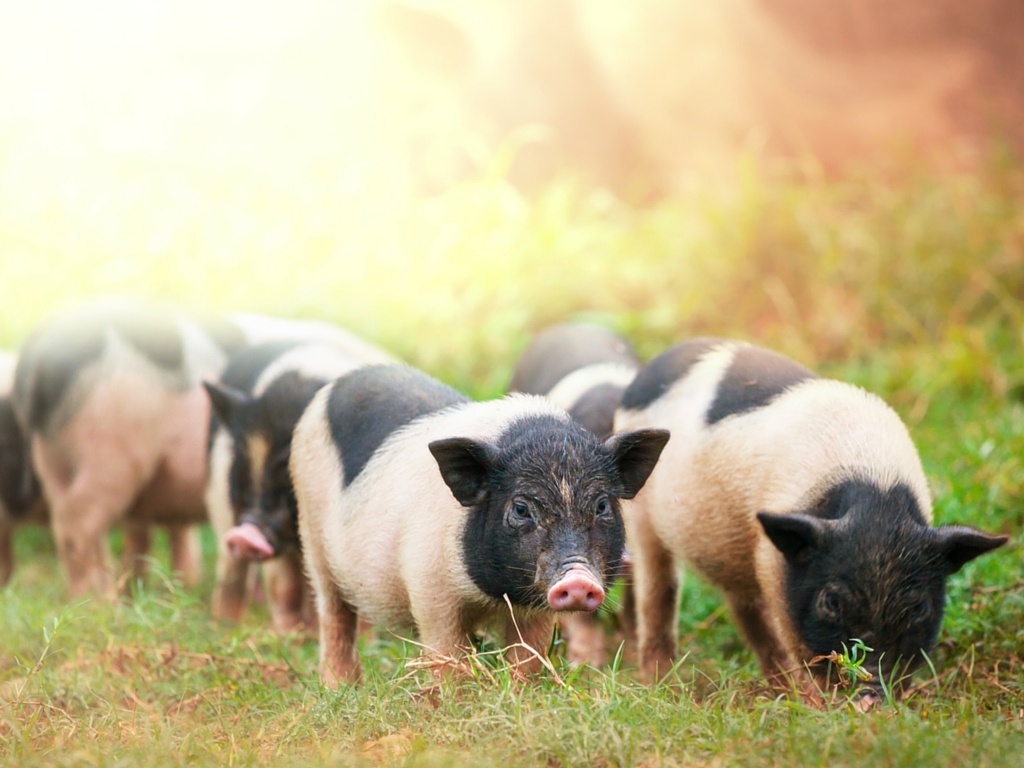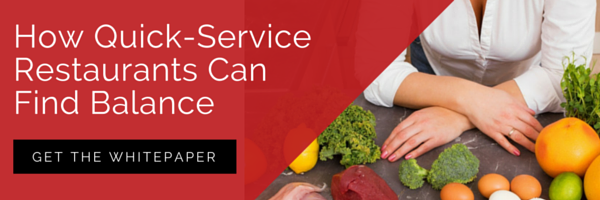
The fast food industry is, for the most part, present-focused. Brands gain a competitive advantage by being the first to adopt the latest trends, to work with the fastest producers. It’s all about who’s bigger, better and faster. Sustainability, which champions a "low and slow" approach, seems better suited to the artisan pulled pork sandwiches of fast casual than the bacon double cheeseburgers of the drive-thru window. For the fast food industry, expediency will always remain a core goal in supply chain performance, but that is — almost ironically — exactly why sustainability is so important.
Sustainability Triggers Logistic Overhauls
Every mile a product travels is an opportunity for obstacles to shoulder in. Examining the processes your current supply chains take to deliver food will likely turn up quite a few inefficiencies, in addition to food quality-impacting transportation practices and delays. And keep in mind that the locavore movement — a philosophy of consumers demanding more locally-produced edibles — doesn't seem to be going anywhere anytime soon. By working to bring sourcing as close to home as possible, smart fast food supply chain professionals are tackling both problems at once.
Large QSR Brands Are Setting the Tone
Sustainability isn't a scrappy little revolutionary any longer — it's a concept being embraced by big names in the fast food industry like McDonalds and Chick-fil-A. In this scaled-up context, sustainability isn't just about the health of the environment and the harvesting methods used; it's also about the effect of the food on the end consumer. It represents a holistic message of "we're listening" to potential customers, working simultaneously to adjust practices to satisfy both ethical needs as well as health ones. It allows a beneficial alternate path for a big buyer and a network of small producers to work together, rather than the usual fast food supply chain default of pairing a big name brand with an equally-large distributor.
Consumers Prefer It
Great taste, low price, convenience — the list of positive attributes that customers expect from a QSR meal is growing. A recent survey found that nearly two thirds of polled American respondents in a recent survey called for sustainable packaging in their foods. This means that the fast food industry must not only ensure that their ingredients and meals come from comparatively eco-friendly and sustainable sources, the boxes, bags and wrappers also need to follow suit. While this is a tall order for a QSR company potentially mired in an unsustainable food chain, even a slow movement towards acceptance and compliance over time will make an impact on brand perception. It's not an all-or-nothing game, either. As incremental changes are made, supply chain decision-makers can interface with marketing groups to get the best mileage out of these changes, bringing them into the public eye as part of ad campaigns and outreach.
It May Be Required, Eventually
Big companies, much like big ships, steer slowly. If a brand waits until legislation is passed or a low-sustainability supply chain partner is forced off the grid, solutions will have to wait until that long, slow turn is effectively made. Getting ahead of the situation by working to optimize sustainability practices right now is a smart move that will prevent new laws from negatively disrupting your supply chain in the future. Even if the cost per unit rises slightly in the short term, consider the cost a worthy piece of insurance against disorienting industry-wide changes that can lead to shortages and low quality deliveries. A sudden, heavy demand for ethically-sourced ingredients can tax small producers too far, as well. If you have the capability, your best move may be to partner with your suppliers and assist them in building the infrastructure they need to become as sustainable as possible, all from the ground up. This way, you aren't stuck hunting for an elusive supplier that understands both your fast food company needs and restrictive legislations at the same time.
Without sustainable ingredients, the future of the fast food industry looks uncertain. Working with suppliers to secure more sustainable growing, harvesting and transportation practices along the supply chain is the best way to lock in future success. With the right plan and flexible supply chain options on your side, there's no food scandal, shortage or fad that will stand in your way.





